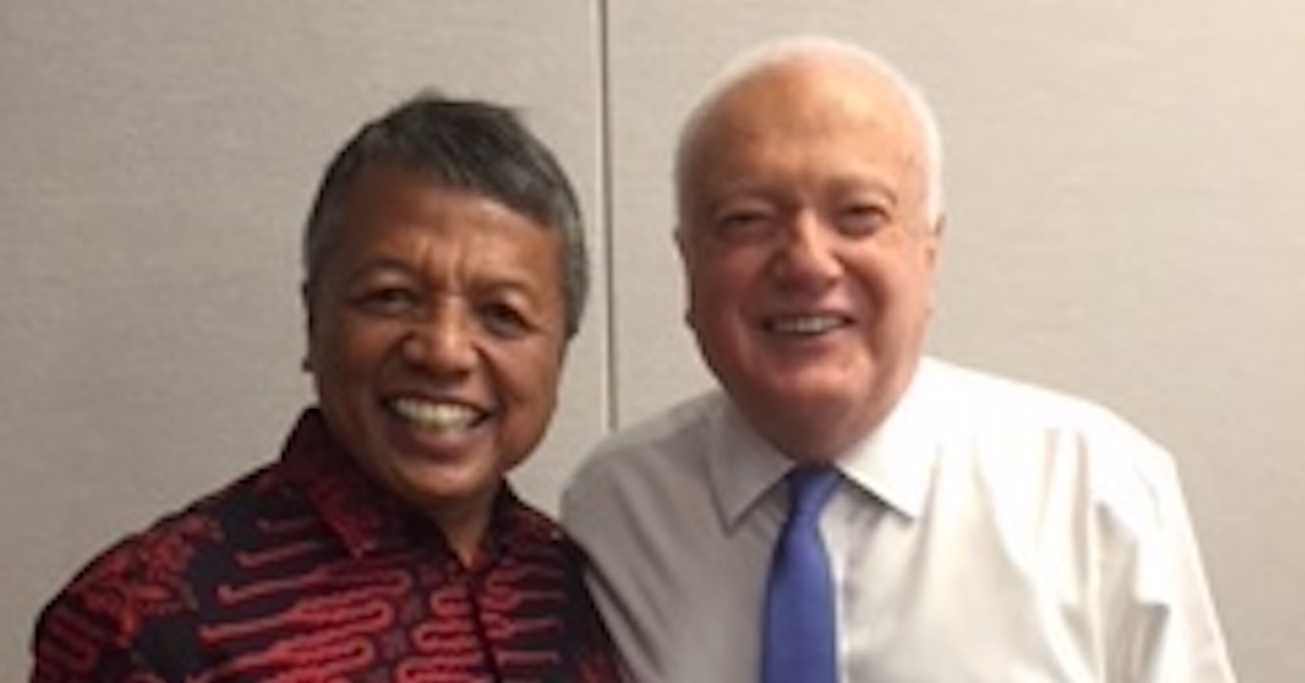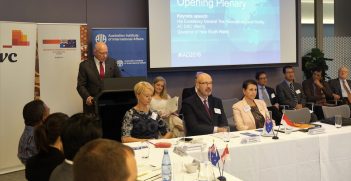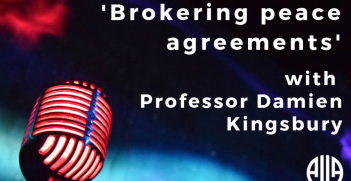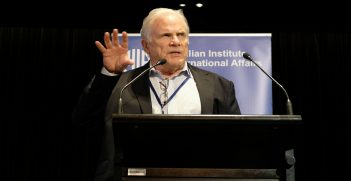Bridging the Gap Between Indonesia and Australia

The Indonesia-Australia relationship has warmed up since the rocky years of the Soeharto era. To continue progress towards a true “soulmate” relationship between close neighbours, cross-cultural understanding must be cultivated through people-to-people contact.
Former Australian prime minister Paul Keating once said in a 1994 address: “No country is more important to Australia than Indonesia. No relationship Australia has offered greater potential, on the social, cultural or the economic fronts, than this one with Indonesia.” However, since President Soeharto’s leadership in 1967-1998, known as the “Reformasi” or reform era, the relationship of the two countries has been on the rocks.
The Indonesia-Australia relationship can be described by the title of a popular Indonesian song: “Benci Tapi Rindu” (“Hate You But Miss You”). Yayan GH Mulyana, an Indonesian diplomat and the former Indonesian consul-general in Sydney, has described the relationship as one between “soulmates” or belahan jiwa. In 2006, a young Australian journalist working at the national television station in Jakarta made a documentary film called “Indonesia and Australia: When Neighbours Become Good Friends”.
Now we are fortunate. In the last few years the relationship of the two countries has gotten back on track. It seems like Australian prime minister Malcolm Turnbull and Indonesian president Jokowi have made much progress. The friendly atmosphere could be felt during the fourth Indonesia-Australia Dialogue in April, where there was open and frank discussion. The Dialogue gathered together well-known Indonesian and Australian experts to work towards a comprehensive strategic partnership. The Dialogue included professional development opportunities for teachers through the exchange of knowledge and ideas with notes about Indonesian education. All in all, it was a valuable resource and demonstrated the importance of language learning for cultural understanding.
Language learning to bridge the gap
Conflict between people can be eliminated by developing good communication and better understanding between peoples of different languages and cultures. It is important for the younger generations to familiarise themselves with languages and cultures that they may have to live in close proximity with in the future. Inability to live together in harmony may one day destroy all civilizations on the earth. In that light, the importance of learning foreign languages and different cultures is invaluable for mutual understanding. They need to learn, for the development of mutual understanding, not only between neighboring countries but for all citizens of this “shrinking planet”.
It was an honour being a delegate at the Indonesia-Australia Dialogue. As a language teacher, I want to help bridge the gap between the Indonesian and Australian cultures. For this reason, I have visited several states in Australia, visited many different schools and met with thousands of students as a bahasa Indonesia teacher, to share the in-depth understanding of each culture that can be gained through a language program.
Foreign languages are an important part of a school’s core curriculum, which ideally is designed to develop students’ understanding of the world, including aspects of social justice and communication skills.
Goals for the long term
Australia-Indonesia is each other’s nearest neighbours, and are dependent on each other. To strengthen and develop the relationship in the future is not only valuable from a political point of view, but also culturally. Mutual understanding between peoples of different nations can only begin through direct contact. To this end, I have visited Australia 11 times over the last two decades, teaching bahasa to students and conducting seminars, six of which were through volunteer programs.
Contact through language and culture classes at schools are the best places for students to begin their learning journeys. The most suitable person to introduce an unfamiliar language and culture to students is a real master of the language, who is able to teach the language within the frame of its native culture. It is within this contextual frame that students will utilise the skills for a future of living together in a mixed community.
Gusrizal Dt. Salubuak Basa is an Indonesian language teacher for non-native speakers. He is the author of the textbook “Let’s Study Bahasa Indonesia with A New Method,” and has written for the Indonesian national media.
He was a delegate at the 4th Indonesia-Australia Dialogue organised by the Australian Institute of International Affairs with the support of the Department of Foreign Affairs and Trade, Indonesian Ministry of Foreign Affairs and PwC.
This article is published under a Creative Commons Licence and can be republished with attribution.





